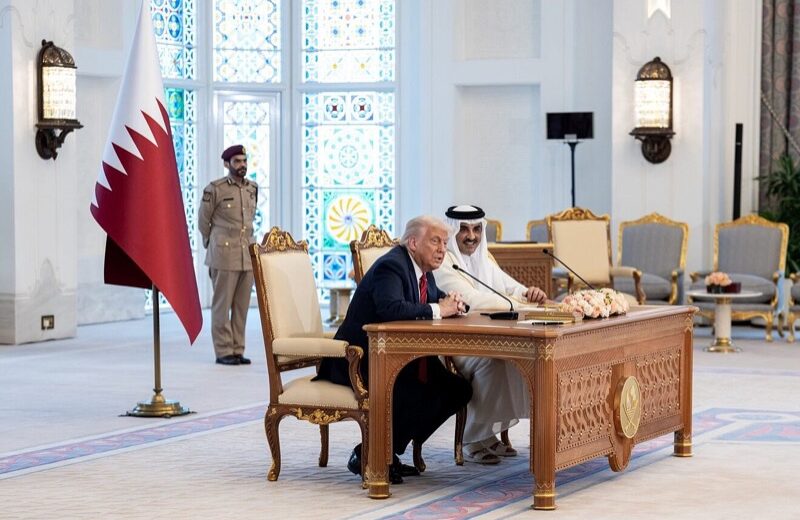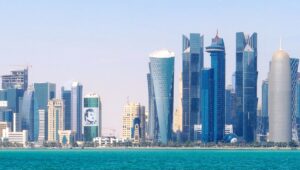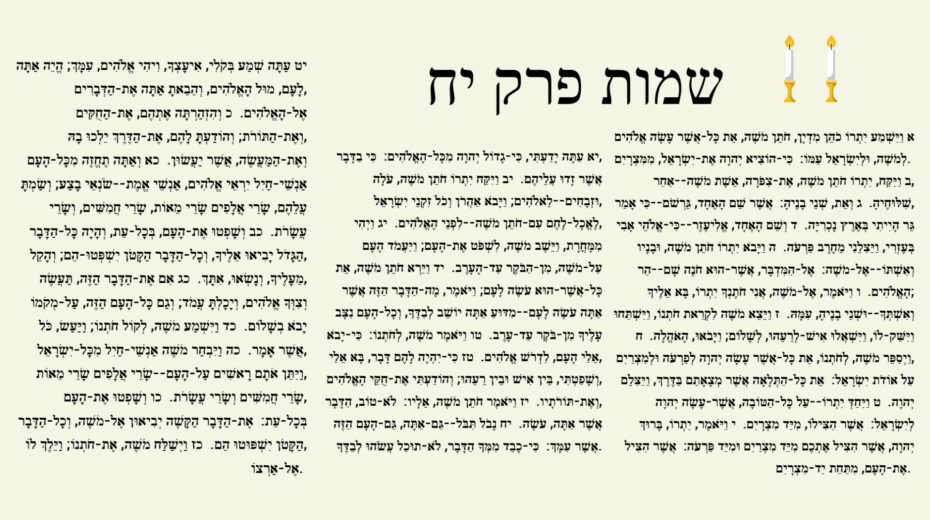Qatar yesterday convened an emergency summit in Doha to address last week’s Israeli strike on senior Hamas leaders on its soil. The gathering was meant to project outrage, but the results revealed more restraint than confrontation. While Iran’s foreign minister pressed Arab states to form a defensive alliance against Israel, the Arab League quickly rejected the proposal.
Hossam Zaki, Assistant Secretary-General of the Arab League, told Al Jazeera: “The conditions are not suitable to discuss the activation of a joint Arab defense agreement. The results of the summit are characterized by rationality even if this does not meet the aspirations of the Arab street. It is foolish on Israel’s part to think that the attack in Qatar will deter it from serving its role as a mediator.”
Translated: the Arab states needed to show indignation, but they are not prepared to escalate militarily. Their actions, Zaki admitted, remain largely confined to diplomatic and legal pressure through Washington, the UN, and international courts. The idea of a “Middle East NATO” against Israel is unlikely to move forward. Most of the Arab League understands who the true aggressor in the region is, and it is not Israel.
Iran’s narrative, Qatar’s role
Iran has tried to capitalize on Israel’s strike in Doha, casting the Jewish state as the destabilizer of the Middle East. The irony is sharp: the concept of a NATO-style regional alliance was first floated by Israel and its Abraham Accords partners as a means to contain Iran. Tehran’s attempt to invert the narrative exposes its desperation to unify Arab states around its anti-Israel agenda. The summit’s muted outcome underscores how little appetite most Arab governments have for aligning militarily with Tehran.
Yet Qatar’s position is more complicated. It portrays itself as mediator, but its support for Hamas and longstanding ties to the Muslim Brotherhood reveal where its sympathies lie. Doha wants to appear indispensable to the West while preserving its Islamist partnerships. The strike against Hamas leaders on Qatari soil underscored this duality—forcing Qatar to posture as defender of Palestinian resistance, even while avoiding moves that could truly rupture its Western alliances.
See: Why Qatar is Israel’s most dangerous Middle East foe
The Western disconnect
This is where Israel and its Western allies increasingly diverge. Washington and European capitals view Qatar as a necessary partner—an energy giant that bankrolls Western projects, hosts US military forces, and writes checks across the globe. To them, Doha is a”great ally,” as President Donald Trump stated. To Israel, the picture is more conflicted. For decades, Israel has cooperated quietly with Qatar, even maintaining an economic office there, and has relied on Doha as a channel for humanitarian funds into Gaza. But the Hamas massacre of October 7 and the subsequent war forced Israel to confront a reality it could no longer ignore: Qatar’s role as Hamas’s sponsor cannot be squared with its image as mediator.
The US insists Qatar is essential to hostage negotiations. Israel sees a state sheltering Hamas leaders and financing their operations. Western officials praise Doha’s “stabilizing role.” Israelis point out that the stability it preserves is Hamas’s continued hold on Gaza.
What comes next
The Doha summit revealed the limits of Arab unity against Israel. Iran will continue to push, but few Arab states are eager to join hands with Tehran. Qatar, meanwhile, will keep balancing—satisfying its Western patrons with gas and investments while protecting its Islamist allies.
For Israel, the question is whether Washington and Europe will continue to indulge the fiction of Qatar as an honest broker, or whether the events of the past year will force a reckoning. The more Israel acts directly against Hamas leaders in Doha, the harder it will be for the West to ignore the contradiction.
Qatar cannot be both patron of Hamas and trusted mediator. At some point, the West will have to choose which role it prefers to recognize.
Want more news from Israel?
Click Here to sign up for our FREE daily email updates















Not only the West must choose, but Israel must choose: to rely on HaShem totally or rely on a friend of its enemy.